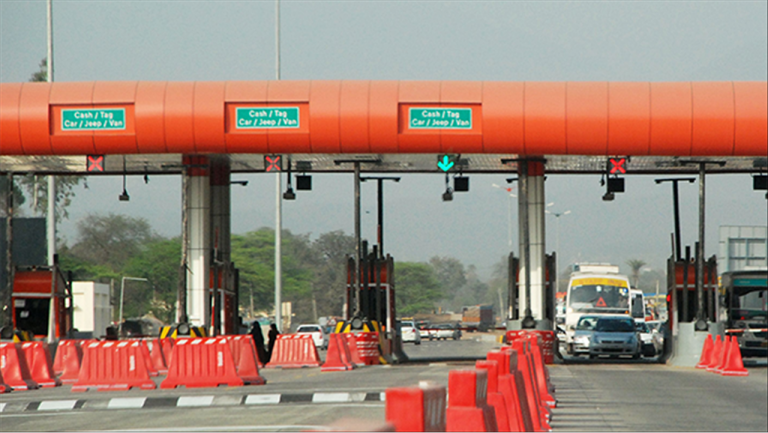Nigeria’s highways, once the arteries of the nation’s economy, have deteriorated to a perilous state. Potholes, erosion, and a lack of maintenance plague these crucial routes, rendering travel arduous and hazardous. In this context, the reintroduction of toll gates emerges as a necessary and pragmatic solution to fund the rehabilitation and maintenance of these vital thoroughfares.
The deplorable condition of Nigeria’s highways is not merely an inconvenience; it is a national crisis. Poor road infrastructure exacerbates traffic congestion, increases travel time, and contributes to the high rate of road accidents. The World Health Organization ranks Nigeria among the countries with the highest number of road fatalities, and bad roads are a significant factor. Furthermore, the economic impact is substantial. Transporting goods across the country becomes more costly and time-consuming, leading to increased prices of commodities and stifling economic growth. In a country where road transport is the backbone of commerce, these inefficiencies ripple through the economy, affecting businesses and consumers alike.
Toll gates, strategically implemented, offer a viable solution. The concept is simple: users of the roads contribute directly to their maintenance. This user-pays principle ensures a steady stream of revenue dedicated exclusively to road upkeep and improvement. It is a model that has proven successful in various parts of the world, from the United States to Europe and even within other African countries like South Africa.
Opponents of toll gates often argue that they represent an additional financial burden on citizens. However, the cost of inaction is far greater. The current state of the highways imposes hidden costs on Nigerians every day, from vehicle repairs due to bad roads to lost time and reduced productivity. A well-maintained road network, funded by tolls, would alleviate these hidden costs, ultimately benefiting the economy and the populace.
Moreover, the implementation of toll gates could create jobs and stimulate local economies. Toll plazas require a workforce for their construction, operation, and maintenance, providing employment opportunities in regions where they are often scarce. Additionally, improved road conditions can attract investment and promote tourism, further boosting local economies.
For toll gates to be effective and accepted by the public, transparency and accountability are paramount. Nigerians must be assured that the funds collected will be used solely for road maintenance and improvements. This requires robust governance structures and regular public reporting on how toll revenues are being utilised. Additionally, the toll rates must be fair and commensurate with the benefits received. Implementing electronic toll collection systems can enhance efficiency, reduce corruption, and provide a seamless experience for road users.
Nigeria stands at a crossroads. The decision to reintroduce toll gates on its highways is not merely about raising revenue; it is about investing in the country’s future. Well-maintained highways are essential for economic development, public safety, and national cohesion. By adopting a toll gate system, Nigeria can ensure that its roads are safe, efficient, and capable of supporting the nation’s growth and prosperity.
The reintroduction of toll gates on Nigeria’s highways is a necessary and forward-thinking measure. It addresses the immediate need for road maintenance and improvement while laying the foundation for sustainable infrastructure development. The benefits of well-maintained highways far outweigh the costs, and with the right implementation, toll gates can be a catalyst for positive change in Nigeria’s transportation landscape.





